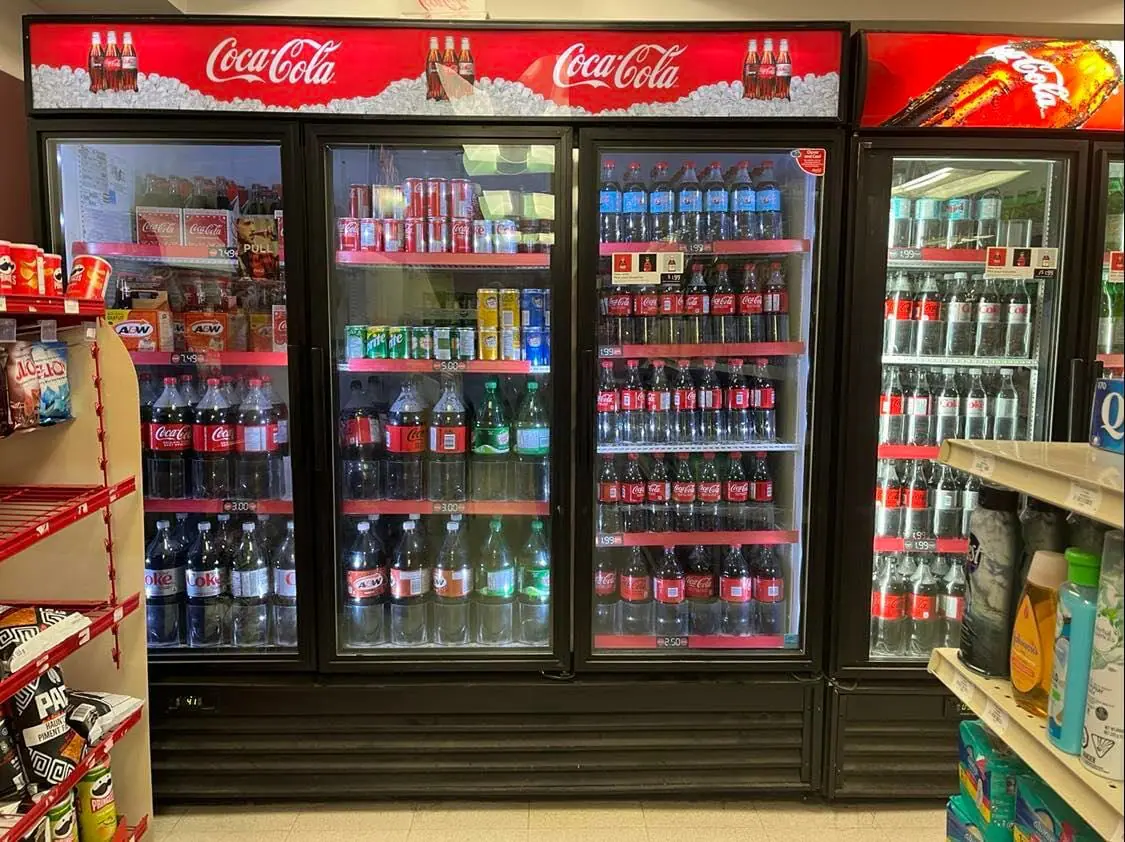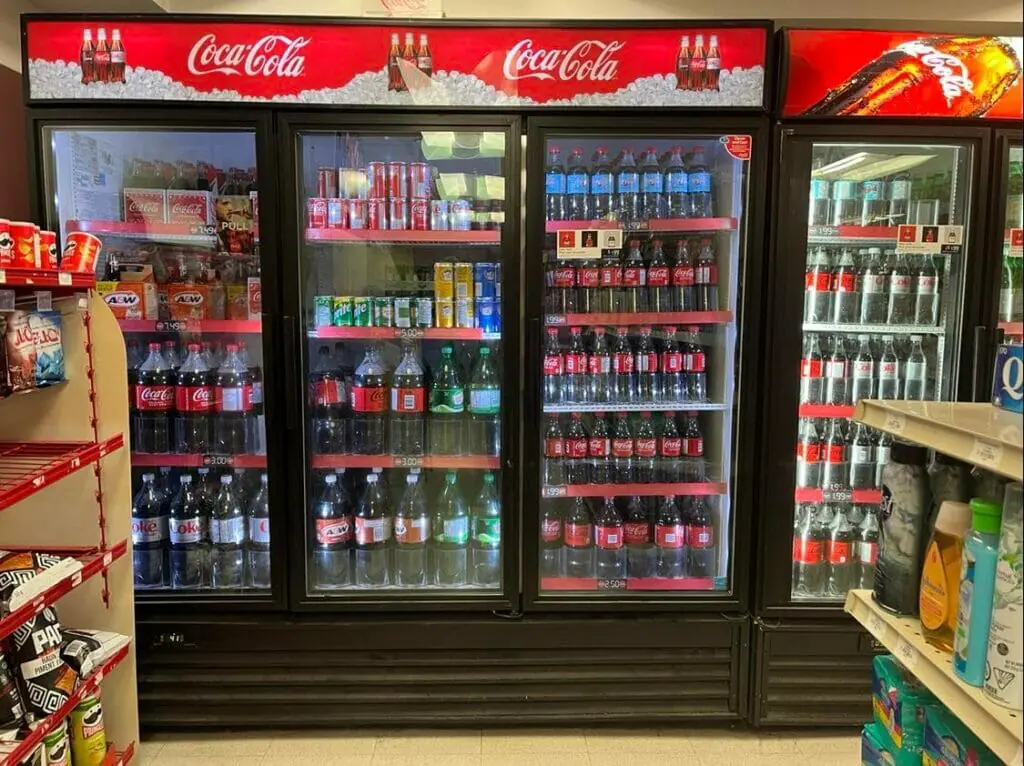Sept. 1, 2022, will long be remembered for Newfoundland and Labrador. The province is the first in Canada to implement a sugar tax, tacking an extra 20 cents per litre onto sugary drinks, including soft drinks. With this recent change, one question is being thrown around the Maritimes: will Nova Scotia or other provinces follow Newfoundland’s lead?
Newfoundland has a low rate of residents who drink water. This could be due in part to the unsafe drinking water in the province. According to a recent CBC article, one in 10 Newfoundlanders can’t safely consume their tap water.
As of 2021, Newfoundland also had the highest obesity rate in Canada at around 42 per cent. In 2020, 35.8 per cent of Nova Scotians self-reported obesity. Are we next for a sugar tax?
Setting the bar for other provinces
I believe the sugar tax is a smart move for Newfoundland and Labrador. It’s an excellent way to encourage healthy eating and drinking. Fast food and sugary drinks are cheap and convenient across Canada. Adding a tax on sugary items could decrease the popularity of soft drinks among teens and young adults.
The tax has an impact on all Newfoundlanders, but it has more potential to impact teens. Data collected in 2015 revealed children and teens as the highest consumers of sugary drinks in Canada. The province-to-province averages don’t change much except in Newfoundland, where the intake of sugary drinks by kids and teens was twice as high as the national average.
This gets me thinking about our sugary drink habits as students. Since this demographic doesn’t typically have a lot of money to spend, a sugar tax may push students toward healthier options than soda. According to the CDC, healthy eating habits and lifestyles are positively correlated with academic achievement.
The proof is in the pudding
Some people don’t see the sugar tax working. I think it has merit. Part of the drive for buying sugary drinks is the cost. At grocery stores, you can get a two-litre bottle of soda for as little as $2, especially if you don’t care about the brand. An extra tax could stifle the popularity of these drinks by enticing consumers to choose other options more often, such as healthier ones. Rather than forcing the price of healthier options down, the tax allows them to compete with sugary items by raising the price of the latter.
The Newfoundland government is treating sugary drinks similarly to the management of tobacco in 2001. There was a tax added to tobacco with a similar purpose: to decrease consumption for health reasons. The tax didn’t fully eliminate the issue but did well to decrease it.
Small retailers and tax evolution
One of the worries Newfoundlanders have about the tax is the impact on retailers. Small retailers now pay more for select soft drinks and likely won’t sell as much as they used to. How long will it take for the province to strike a balance between small retailers’ cost margins and the goal of the tax? Could the tax eventually extend to other products? These are questions I’ve been pondering for a while.
Right now the sugar tax is focused on drinks, but most stores have more sugary snacks than drinks on shelves. Go take a look for yourself.
There are also specialty chocolate stores that need to be considered such as the Newfoundland Chocolate Company, which makes its own sweets. If we tax sugary treats like chocolate and candy, could it become an economical issue for small businesses?
The tax could also be modified to include other types of sugary beverages like those served at coffee shops. An original medium Iced Capp from Tim Hortons, for example, contains 38 grams of sugar and 320 calories. They’re a hot seller for the company, but have more sugar than a Boston cream donut. With an additional tax, we might see popular fast food beverages slip in popularity.
Bring on the sugar tax
It’s clear there are a lot of concerns about the sugar tax, but I believe Newfoundland is heading in the right direction. The province is attempting to promote healthier eating and drinking and I hope to see other provinces do the same. Even if it means paying an extra tax here in Nova Scotia.



Recent Comments